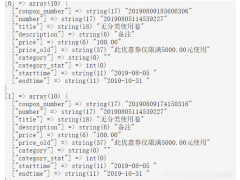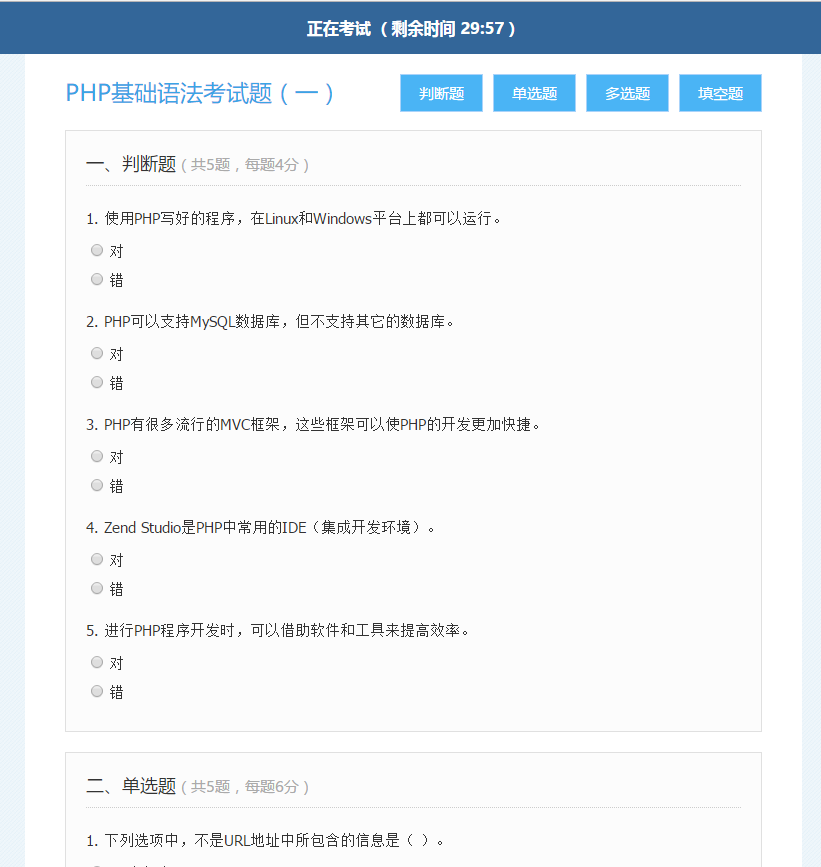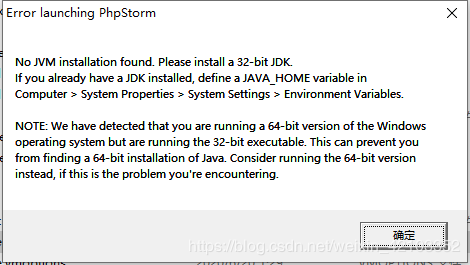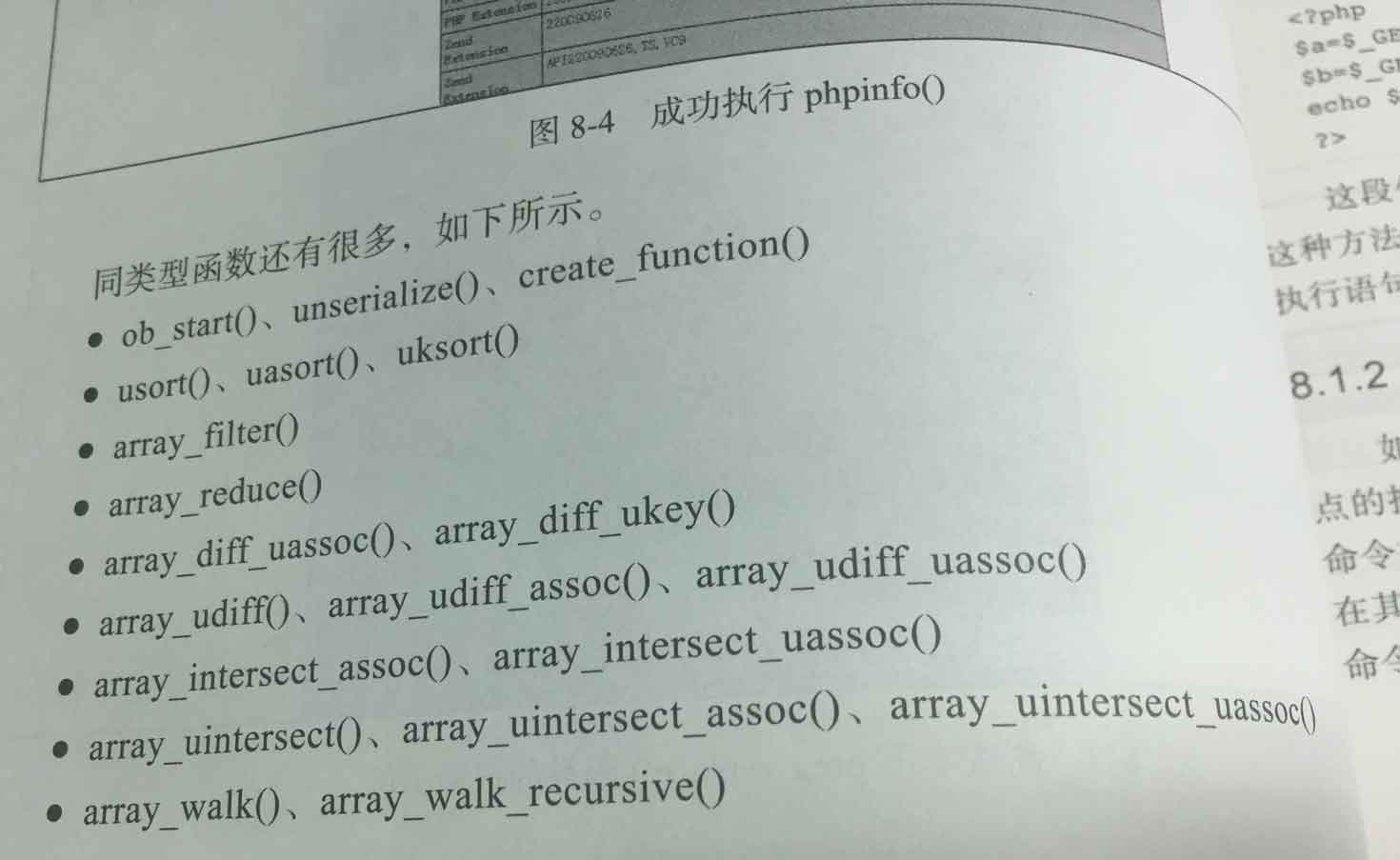这篇文章主要介绍了ThinkPHP5 的简单搭建和使用详解,小编觉得挺不错的,现在分享给大家,也给大家做个参考。一起跟随小编过来看看吧
0X01 Thinkphp 的安装
我这里选择的是使用 windows 下的 composer 进行安装,收下首先下载 composer 这个工具,安装完成以后进入我们想要创建项目的文件夹输入下面的命令
composer create-project topthink/think tp5 dev-master --prefer-dist这样就会在当前目录下形成一个 名为 tp5 的文件夹,这个文件夹中存放的就是 thinkphp5 的基本的框架
0X02 重点目录结构及文件介绍
1.目录结构
application : 应用目录,我们的模型视图控制器都会放在这个文件夹下,这是我们开发的主阵地
public : 这个是我们项目的入口文件,thinkphp 是一个单一入口的框架
thinkphp : 框架的核心目录
2.关键文件
application/config.php 项目配置文件,开启 debug 调试模式(在开发中)
application/database.php 数据库配置文件
public/index.php 项目入口文件,定义了应用目录的位置以及包含框架启动文件来启动框架
0X03 配置虚拟主机
1.httpd.conf 中判断下面是否被注释,如果被注释请取消注释
(1)Include conf/vhosts.conf (2)LoadModule vhost_alias_module modules/mod_vhost_alias.so
2.删除 vhost.conf 中原有的默认内容,添加如下内容
<VirtualHost *:80>
DocumentRoot "E:\phpstudy\PHPTutorial\WWW\tp5\public"
ServerName localhost
<Directory "E:\phpstudy\PHPTutorial\WWW\tp5\public">
Options FollowSymLinks ExecCGI
AllowOverride All
Order allow,deny
Allow from all
Require all granted
</Directory>
</VirtualHost>3.配置 URL 重写
http.conf 中解开下面的注释
LoadModule rewrite_module modules/mod_rewrite.so并在虚拟主机配置中写上
AllowOverride All注意:如果使用 phpstudy 的话,官方默认的 .htaccess 是不可以的,需要修改成下面这个样子
<IfModule mod_rewrite.c>
RewriteEngine on
RewriteCond %{REQUEST_FILENAME} !-d
RewriteCond %{REQUEST_FILENAME} !-f
RewriteRule ^(.*)$ index.php [L,E=PATH_INFO:$1]
</IfModule>0X04 基本的写法
1.控制器的基本写法
(1)模块中的控制器实际上就是一个一个的类,这个类写的时候要继承 Controller 并且要在前面写上命名空间
(2) thinkPHP5 使用 return 来返回一个html ,自动渲染到页面上
(3)tp5 使用的是 $this->requrst->param() 接受参数,当然也要在开始写上命名空间
示例代码:
<?php
namespace app\index\controller;
use think\Controller;
use think\Request;
class Index extends Controller
{
public function index()
{
print_r($this->request->param());
return '<style type="text/css">*{ padding: 0; margin: 0; } .think_default_text{ padding: 4px 48px;} a{color:#2E5CD5;cursor: pointer;text-decoration: none} a:hover{text-decoration:underline; } body{ background: #fff; font-family: "Century Gothic","Microsoft yahei"; color: #333;font-size:18px} h1{ font-size: 100px; font-weight: normal; margin-bottom: 12px; } p{ line-height: 1.6em; font-size: 42px }</style><div style="padding: 24px 48px;"> <h1>:)</h1><p> ThinkPHP V5<br/><span style="font-size:30px">十年磨一剑 - 为API开发设计的高性能框架</span></p><span style="font-size:22px;">[ V5.0 版本由 <a href="http://www.qiniu.com" rel="external nofollow" target="qiniu">七牛云</a> 独家赞助发布 ]</span></div><script type="text/javascript" src="aHR0cHM6Ly90YWpzLnFxLmNvbS9zdGF0cyYjNjM7c0lkPTkzNDcyNzI=" charset="UTF-8"></script><script type="text/javascript" src="aHR0cHM6Ly9lLnRvcHRoaW5rLmNvbS9QdWJsaWMvc3RhdGljL2NsaWVudC5qcw=="></script><think id="ad_bd568ce7058a1091"></think>';
}
}我们这样访问
http://localhost/index.php/index/index/index/a/3/b/4/c/5
结果:
2.模板和控制器的关系
每一个模块都有自己的控制器、视图、和模型,访问的时候是按照 index.php/模块/控制器/方法,访问的,然后每一个控制器在 view 中对应着一个同名的文件夹,比如说 controller/Index 控制器, view/Index 就是这个控制器对应的模板文件夹,那么每一个方法都会在模板文件夹下对应一个同名的 html 文件作为这个方法的模板
tp5 是通过
$this->assign('data',$data); 进行赋值并通过
return $this->fetch('模板名'); 进行渲染的
示例代码:
index/controller/Index.php
<?php
namespace app\index\controller;
use think\Controller;
class Index extends Controller
{
public function index()
{
$data = "K0rz3n";
$this->assign('data',$data);
return $this->fetch();
}
}Index/view/Index/index.html
<html>
<head>
</head>
<body>
hello {$data}!
</body>
</html>3.对 SEO 友好的路由
我们知道,我们的搜索引擎抓取页面最多抓三层,但是我们刚刚写的那种 URL 已经太多层了,这非常不利于搜索引擎的收录,于是 tp5 给我们提供了一种简化的方法,就是 route.php
示例代码:
return [
'__pattern__' => [
'name' => '\w+',
],
'[hello]' => [
// ':id' => ['index/hello', ['method' => 'get'], ['id' => '\d+']],
// ':name' => ['index/hello', ['method' => 'post']],
],
'hello/[:name]' => ['index/Index/hello',['method' => 'get','ext' => 'html']],
];这个意思就是我们访问 hello/name 就会转给 index/Index/hello ,并且要求是 Get 方法,后缀名是 HTML
配置好后我们只要添加这样几个东西就 OK 了
public function hello($name = 'zhangsan')
{
$this->assign('name',$name);
return $this->fetch();
}hello.html
<html>
<head>
</head>
<body>
hello {$name}!
</body>
</html>如图所示:
当然在这种情况下参数名还是会很多斜杠,还是不是很友好,于是我们可以在 config.php 中将默认的斜杠分隔符进行修改,改成其他的这样就避免了这个问题
4.URL 自动生成
tp5 给我们提供了 url() 这个函数帮我们自动生成 Url
public function url()
{
echo url('url2','a=1&b=2');
}这个方法运行的结果就是
/index/index/url2/a/1/b/2.html
5.请求和响应
1.接收请求的参数
访问: http://localhost/index/index/req/username/test
通过以下代码可以得到 username
echo $this->request->param('username');或者我们可以使用函数助手 input(),下面这段代码能达到和上面一样的效果
echo input('username');包括我们通过下面的代码获取 url
echo $this->request->url();这个也有自己的函数助手
echo request()->url();我们可以获分别获取 get post cookie file 等方式的参数
$this->request->get()
$this->request->post()
$this->request->cookie()
$this->request->file()或者实例化一个 Request 对象,但是这种方法只能接受 url 后面是 & 连接的参数,重写的好像不行
$Request = Request::instance()
$request->get()
$Rquest->post()
$Request->cookie()
$Request->file()2.绑定参数
$this->request->bind('user',"hh");
echo $this->request->user;那么为什么请求还要动态地绑定参数呢?因为很多时候需要传递 session 的值,来维持会话
3.返回值
可以返回多种格式的值 比如 json xml 或者通过 $this->fetch() 来进行模板渲染
return json($data);
return xml($data);当然我们的 tp 也有对一些东西的封装,比如实现输出一段话然后进行跳转到某个方法,或者是直接进行重定向
return json($data);
return xml($data);6.模板与输出
一般的模板渲染就不想介绍了,这里说下模板布局,其实就是在 view 文件夹下有一个 layout.html 文件,这个文件的内容是这样的
layout.html
{include file="/index/header"本文标题为:ThinkPHP5 的简单搭建和使用详解


- Laravel balde模板文件中判断数据为空方法 2023-08-30
- laravel实现按月或天或小时统计mysql数据的方法 2023-02-22
- PHP简单实现二维数组的矩阵转置操作示例 2022-10-02
- laravel通用化的CURD的实现 2023-03-17
- 用nohup命令实现PHP的多进程 2023-09-02
- php微信公众号开发之秒杀 2022-11-23
- windows下9款一键快速搭建PHP本地运行环境的好工具(含php7.0环境) 2023-09-02
- PHP中PDO事务处理操作示例 2022-10-15
- PHP实现微信支付(jsapi支付)流程步骤详解 2022-10-09
- PHP仿tp实现mvc框架基本设计思路与实现方法分析 2022-10-18









